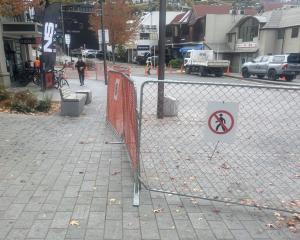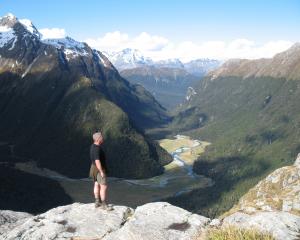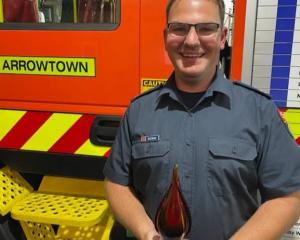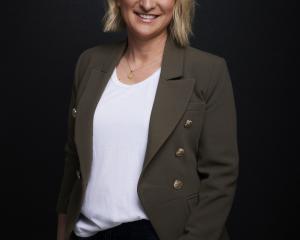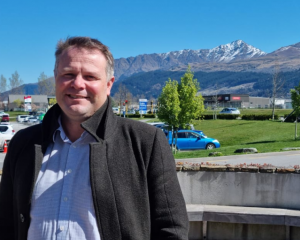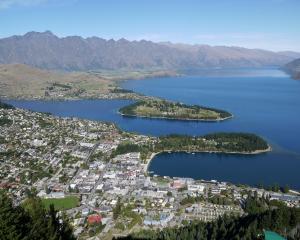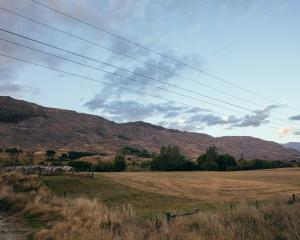Results of the Wanaka Chamber of Commerce's first business confidence survey, which was released recently, reveals the majority of the 80 respondents believe businesses are hurting financially and the situation is not likely to improve soon.
The online survey was done by independent company Survey Monkey and 195 businesses were invited to take part.
Chamber executive committee member and economic think-tank chairman Alistair King said the findings were "not a big surprise but have confirmed what [members] believed the situation to be".
"Of the businesses surveyed, nearly 66% said they were worse off financially in the past year, while 21% said their profitability was the same and 11% reported better profits.
"Some 41% believe the general business situation in Wanaka will be the same in the immediate future; nearly 29% believe it will be worse; while 25% are confident it will get better. Interestingly, when it came to their own businesses, nearly 40% of respondents thought their financial situation would improve, while 36% said it would be the same over the next six months," Mr King said.
While 36% of businesses were not going to pay wage increases, 21% planned to increase wages 1%-2% and another 21% were looking at a 3%-5% increase.
Businesses approached for comment by the Otago Daily Times said confidence was down, with variable trading making it hard to plan ahead.
Chamber members said they had welcomed the survey because they wanted to better understand whether Lake Wanaka Tourism's reported improvements in visitor numbers actually meant those visitors were spending in town.
The members had been fearing the positive reports about visitor numbers could prompt landlords to increase rents at a time when their turnover was declining.
Ritual Cafe co-owner Chris Hadfield responded to the survey and said he felt the Rugby World Cup had a negative effect on trade, despite national reports to the contrary.
November was the beginning of the busy summer season and had met expectations, "though it can be like a yo-yo. Usually it is more consistent. How do you do staff rosters when one day you might get lots of customers and the next day you have three?"
MT Outdoors owner Steve Hart shifted from a mall to a street-front premises two years ago to attract more foot traffic but had found there were not as many walk-in customers as he expected.
"The economy has died. Two years on, there is less walk-in stuff, but at least because we are more known now, we are busier [than when in the mall]. And tourists are looking for deals because of the exchange rates and because they don't have any money either, or it has all gone on accommodation. Talking to accommodation providers, I know they've been bargaining hard to get custom," Mr Hart said.
Mr Hart also felt the World Cup had a negative effect on retail trade.
"We did see a downturn in the last days of the holidays, at the end of the ski season. There should have been a reasonable flow in... but from what I've heard around town, they were spending money in bars and that was it," he said.
Mr Hart thought it would take a long time for the recession to end.
"The more I read about it, there seems to be a structural imbalance, not just in New Zealand but in the world, that needs to be fixed," he said.
Kodak (Yes Digital and Photo) owner Steve Worley said, while he was employing an extra staff member this summer, the economic climate meant wages had to be kept low.
The survey had been a "reality check" for the business community, which was experiencing trading that could not be predicted from one day to the next, Mr Worley said.
Mr Worley believed Wanaka's shoulder seasons were broadening despite event planners' efforts to shorten them.
He thought Wanaka's best international tourist markets were still Europe and the United States, but there were big question marks over what would happen if the euro went into "meltdown".
Mr Worley felt heartened that domestic tourists and locals were supporting Wanaka businesses.

